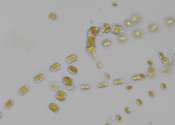Uncovering key players in gene silencing: Insights into plant growth and human diseases
Monash University biologists have shed light on the intricate molecular mechanisms that are responsible for gene silencing induced by expanded repeats in an international study published today in Nature Plants.









